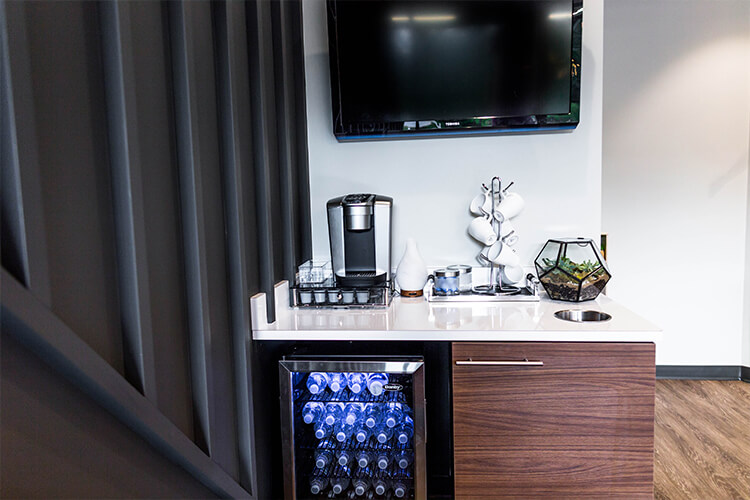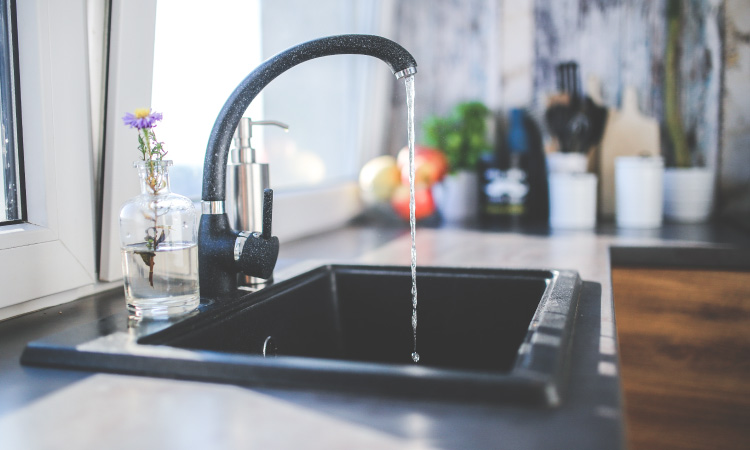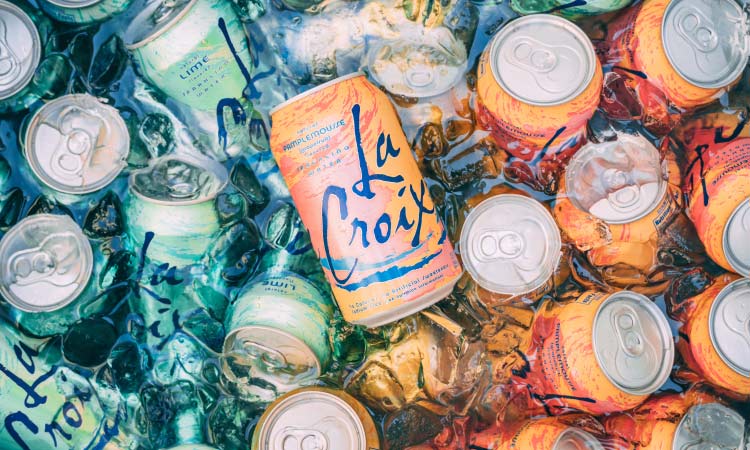It’s a well-known fact that drinking plenty of water is vital for your oral health and your overall health. But which type of water is best for your teeth? It might surprise you to learn that from a dental perspective, not all types of water are created equal. Read on to learn how bottled water, tap water, and sparkling water affect your dental health.

Bottled Water
Many Americans love bottled water because it is convenient, easily portable, free of contaminants, and able to be stored safely when unopened. However, there are some disadvantages to drinking solely bottled water. For one, bottled water is vulnerable to bacteria growth once the cap has been opened. For this reason, you shouldn’t drink water from a water bottle that has been opened for more than a day or reuse commercial plastic water bottles. Bottled water is also devoid of beneficial minerals like fluoride, which helps keep teeth healthy and strong through remineralization. If you’re a bottled water fan, we recommend finding other ways to make sure you’re getting enough fluoride exposure, either through supplementation or from a fluoridated toothpaste and a fluoridated mouthrinse, to help protect you against tooth decay.

Tap Water
Although some merely prefer the taste of bottled water to tap water, some patients worry that tap water is harmful. Typically, municipal tap water is safe to drink and very clean. Depending on the region of North America, tap water even contains varying levels of beneficial minerals like calcium, potassium, zinc, fluoride, and magnesium. But in some unfortunate instances, tap water can be highly chlorinated with a strange taste and smell, or can even be contaminated with trace amounts of arsenic, cyanide, lead, and mercury, which pose serious public health risks. Find out what’s in your tap water at the Environmental Working Group’s national tap water database! If you have concerns about the content of your drinking water, that’s understandable. There are abundant filtration options available to help remove impurities, and many of these filters remove the beneficial aspects, like fluoride, only in trace amounts.

Sparkling Water
In recent years, we’ve seen an increase in the consumption of sparkling water. While plain sparkling water is definitely better than sugary beverages like soda, sports drinks, and fruit juice cocktails, and tooth-discoloring beverages like coffee, wine, and alcohol, the carbonation and acidity of citrus-flavored or sugary sparkling water still leads to enamel damage. The carbonation in plain sparkling water won’t cause any additional enamel damage but, if possible, don’t let it entirely replace your drinking of fluoridated tap water. But do regularly choose plain sparkling water to stay hydrated over more damaging options, like the sugary, acidic, and staining beverages mentioned above, if you wouldn’t otherwise drink water.
Proper Preventive Oral Care
Whether you drink bottled water, filtered or unfiltered tap water, or plain sparkling water, all adults can benefit from brushing with a fluoridated toothpaste twice a day for two minutes each time and rinsing with a fluoridated mouthwash! Remember that kids under three years old with their baby teeth only need to use a grain-sized amount of fluoridated toothpaste, kids under six years old only need to use a pea-sized amount of toothpaste, and kids under six years old don’t need to use mouthwash unless recommended by a dentist. If you have additional questions about proper oral hygiene or healthy dietary choices, we are here to help. Contact us today to improve your oral health practices!
Our team can offer you healthy smile tips and answer all your dental-related questions!
Contact Us
